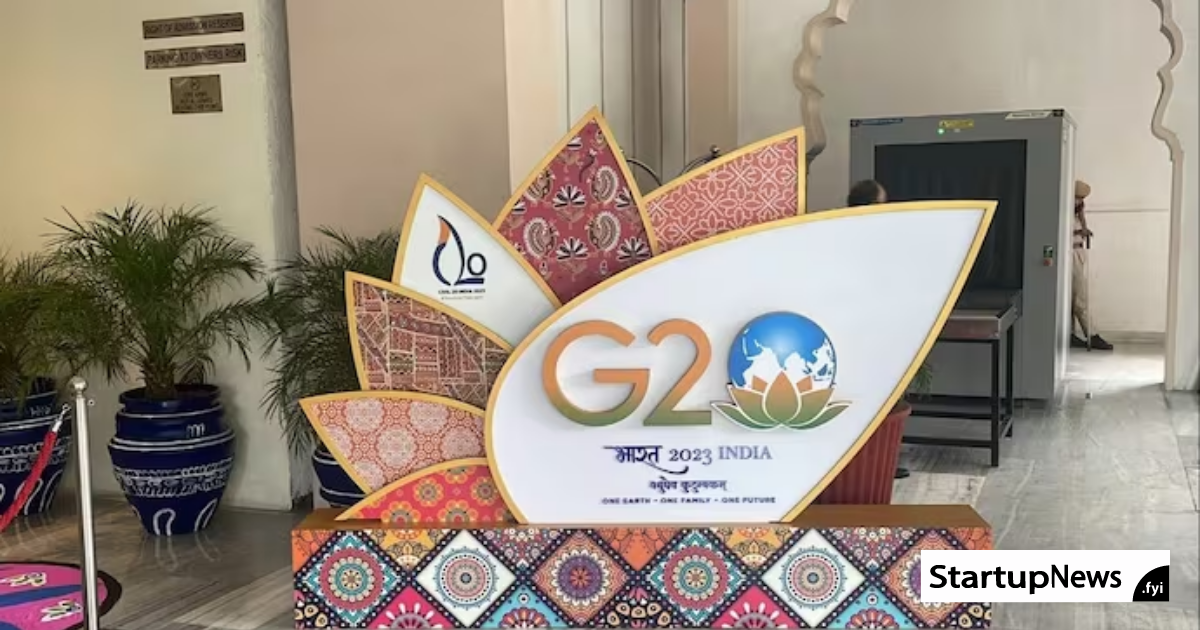As the G20 Summit draws closer, Prime Minister Narendra Modi’s recent appeal for a global framework concerning the expansion of “ethical” artificial intelligence (AI) tools reflects India’s bid to seize a leadership role in the ongoing discourse about the necessity of worldwide consensus in regulating sectors like AI and cryptocurrencies. This move also signifies New Delhi’s paradigm shift from its previous stance of refraining from legal intervention in AI regulation to actively shaping regulations rooted in a “risk-based, user-harm” approach.
Telecom Regulatory Authority’s Forward Step
An illustrative facet of this transition emerged through a consultation paper disseminated by India’s telecommunications regulator, the Telecom Regulatory Authority of India (TRAI), in July. The paper suggested establishing a domestic statutory body under the Centre’s purview to regulate AI within India, employing a “risk-based framework.” Simultaneously, it advocated for collaborations with global entities and other nations’ governments to institute an international agency that oversees the “responsible use” of AI. This proposal could potentially form a crucial part of India’s official submission during the upcoming leader’s summit.
Delineation of Artificial Intelligence Regulation
Notably, this new approach diverges from the Ministry of Electronics and IT’s stance in April, where it had asserted no intentions of regulating the AI sector. Union IT Minister Ashwini Vaishnaw acknowledged AI’s ethical concerns and risks but emphasized its role as an enabler of the digital and innovation ecosystem. However, the TRAI’s July recommendations marked a shift, aligning with tech magnate Sam Altman’s suggestion for an international regulatory entity for AI, akin to nuclear non-proliferation oversight.
Microsoft’s Blueprint for Artificial Intelligence Governance
Microsoft, which holds a stake in OpenAI, put forth a blueprint for AI governance in India, emphasizing safety and security regulations. Titled “Governing AI: A Blueprint for India,” the paper proposed stringent safety and security requirements, alongside deployment guidelines for licensed artificial intelligence data centers. The paper also suggested post-deployment monitoring and protection measures. Microsoft’s initiative echoes the company’s commitment to contributing its specialized knowledge to help define regulatory parameters for advanced AI models.
India’s Technological Transformation
Brad Smith, Vice Chair and President of Microsoft, highlighted India’s ongoing technological transformation as a considerable opportunity for innovation-driven economic growth. Microsoft’s proactive engagement in shaping AI governance aligns with India’s evolving stance on regulation. Microsoft’s willingness to share specialized AI insights to aid in establishing regulatory thresholds underscores their commitment to steering AI development responsibly within the Indian context.
Also Read The Latest News:
WhatsApp introduces HD Video support for enhanced sharing experience



![[CITYPNG.COM]White Google Play PlayStore Logo – 1500×1500](https://startupnews.fyi/wp-content/uploads/2025/08/CITYPNG.COMWhite-Google-Play-PlayStore-Logo-1500x1500-1-630x630.png)